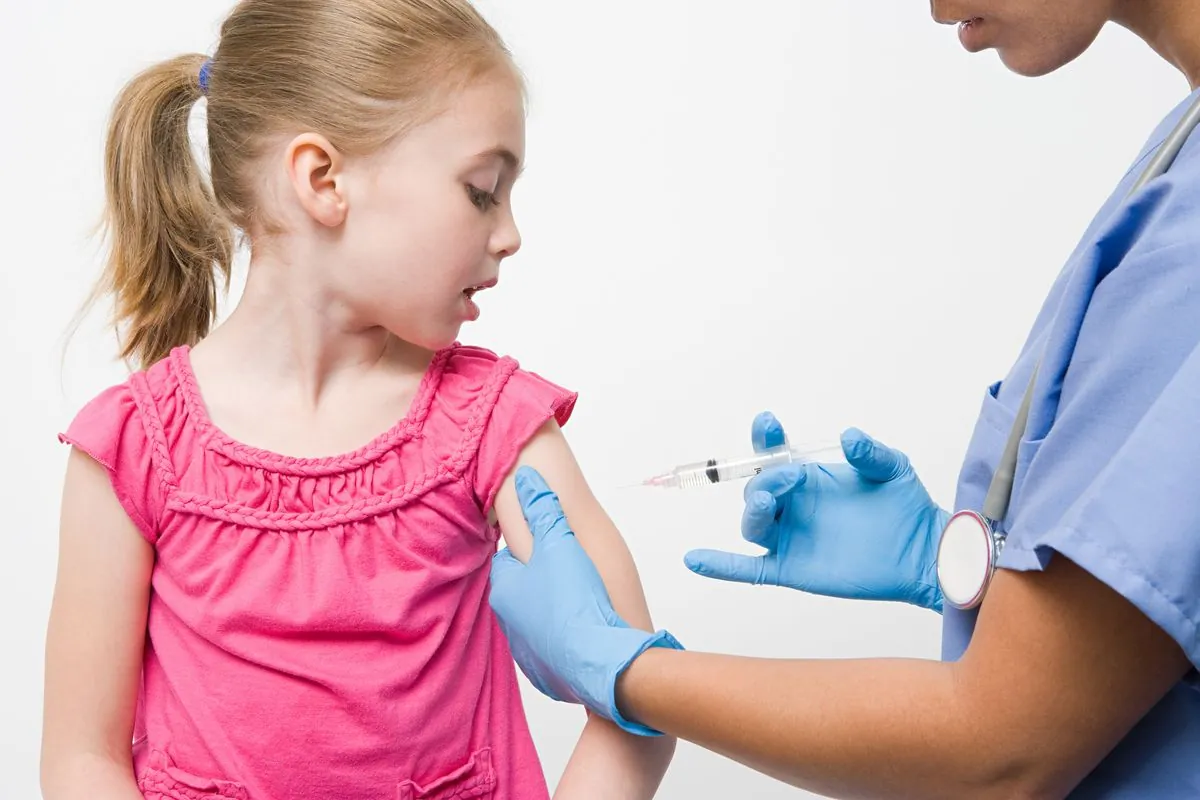German Study Debunks Claims of mRNA Vaccine Harm to Children's Immunity
Recent research on mRNA COVID-19 vaccines in children dispels online misinformation. Experts clarify that increased IgG4 antibodies post-vaccination don't indicate immune system damage or disease.

A recent German study, published in July 2024, has become the subject of online misinformation regarding the effects of mRNA COVID-19 vaccines on children's immune systems. Contrary to claims circulating on social media, the research did not find evidence of immune system damage or the development of IgG4-related disease in vaccinated children.
The study, conducted by researchers at the Centre for Infection Research in Hamburg, examined the antibody response in children following mRNA COVID-19 vaccination. The findings revealed that children, like adults, tend to produce more IgG4 antibodies after multiple exposures to the vaccine. This type of antibody is known for its less inflammatory properties compared to other antibody classes.
Dr. Christopher Palma, associate professor of medicine at the University of Rochester, clarified that the increase in spike-specific IgG4 levels is an expected outcome following repeated exposure to an antigen, whether through infection, vaccination, or a combination of both. He emphasized that this phenomenon does not equate to immune system damage or indicate a risk of developing IgG4-related disease.

It's important to note that IgG4 is just one of the four subclasses of immunoglobulin G (IgG) antibodies, which are part of the body's adaptive immune response. While the study observed higher levels of IgG4 than typically seen with non-mRNA vaccines, Dr. Palma pointed out that the levels of IgG1, another antibody subclass, remained significantly higher – more than 100 times the IgG4 levels. This suggests that vaccinated children still maintain a robust protective antibody response against severe COVID-19.
Dr. Brett Smith, a primary care physician specializing in rheumatology at East Tennessee Children's Hospital, confirmed that the increase in IgG4 responses was first observed in adult populations before being identified in children. He stressed that there is no known association between vaccinations and IgG4-related disease, a rare immune disorder primarily affecting middle-aged to elderly men.
The misinterpretation of the study's findings highlights the importance of accurate scientific communication. Experts agree that the observed increase in IgG4 levels warrants further investigation, particularly regarding the clinical efficacy of mRNA vaccines in preventing severe COVID-19. However, they emphasize that current evidence does not support claims of immune system damage or increased risk of IgG4-related disease in vaccinated children.
"As for the concern for IgG4 related disease - this is completely unfounded - not supported by the data from this study, not supported by the known pathophysiology of IgG-4 related disease and not supported by any observational evidence over the past 4 years of large populations having received multiple mRNA vaccine doses."
In conclusion, the German study's findings contribute to our understanding of the immune response to mRNA COVID-19 vaccines in children. While the research revealed interesting patterns in antibody production, it does not support claims of harm to children's immune systems. As with all scientific research, these results will likely inform future studies and contribute to the ongoing refinement of vaccine technologies.


































